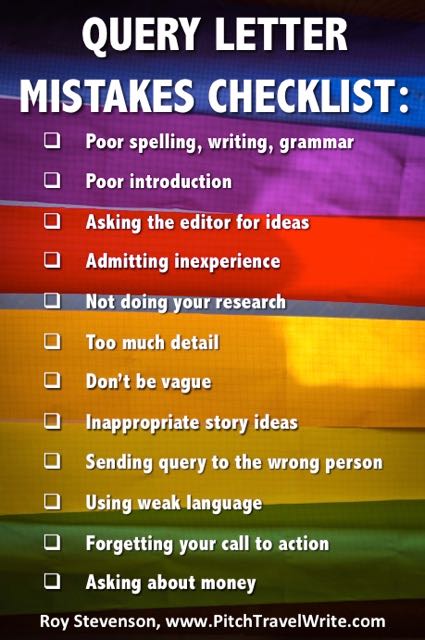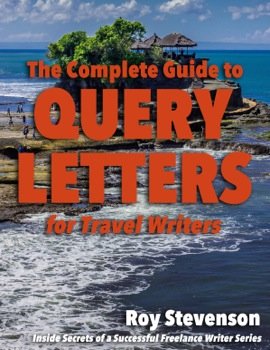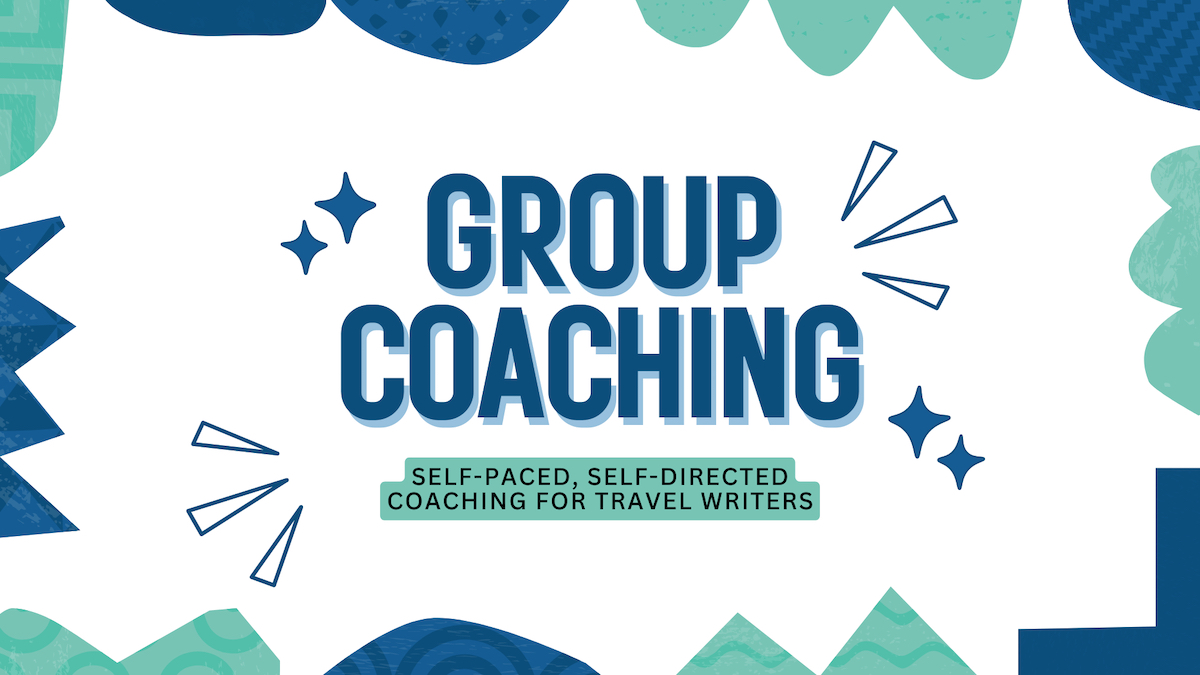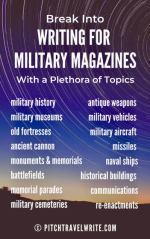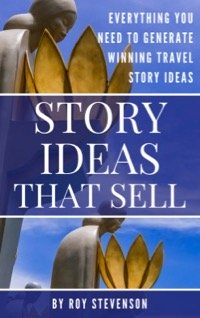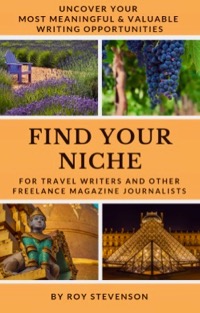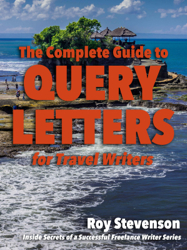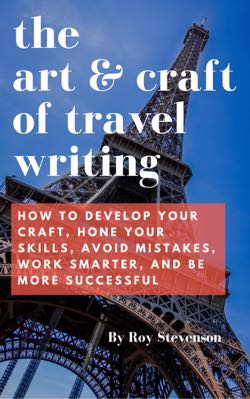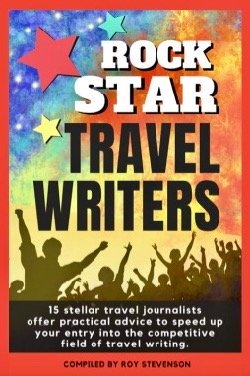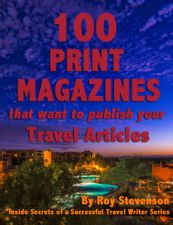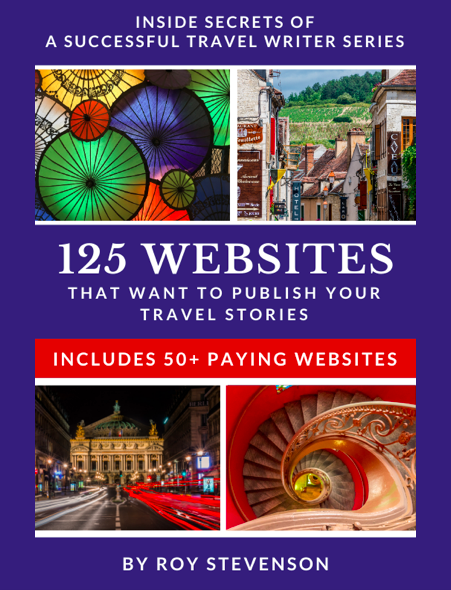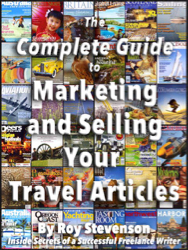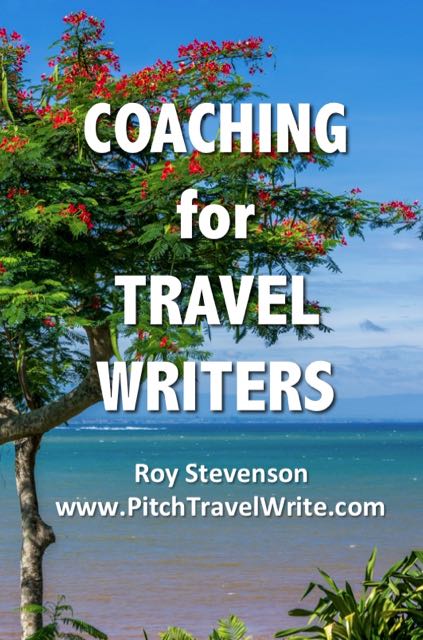- Home
- Query Letters
- Query Letter Mistakes
12 Query Letter Mistakes
and How to Fix Them
By Roy Stevenson
Query letters showcase your very best side to editors. But when you make query letter mistakes it shows your worst side. Of course, you don't want to make errors.
Successful queries take your compelling story ideas, your solid writing background, and persuasive prose and convinces the editors that you have what it takes to provide an exciting and interesting story for their readers.
Being a few inches off the mark with your query is as bad as missing
the target completely. This is unfortunate, but it’s the way it is.
The
editors are either going to like your queries enough to run with them, or
dismiss them on the spot. There’s no middle ground or consolation prize.
We’ve
all read books about what to put in query letters. I have eighteen
books on my freelance writer’s bookshelf about the art and science of
getting published, and every one of them has a chapter about putting
together a query letter. Three of these books are entirely dedicated to
writing query letters.
All the books tell you what you should be
doing to craft a killer query. But none of the books tell you what
should not be included. So I’ve put together this checklist.
If
you’re a beginning freelance writer, this query letter mistakes checklist will help ensure you
won’t develop bad habits and make common beginner errors.
If you’re an experienced freelance writer, a quick review will help to ensure nothing bad has crept into your style.
Doing any of the things on this list will guarantee the editor will hit the “delete” key.
Before you send it out be sure not to make these 12 query letter mistakes:
Easy to fix query letter mistakes:
Poor Spelling, Writing and Grammar
Amazingly, editors still complain that they see poor spelling, poor
writing skills and bad grammar in query letters. Most of us think this would be an obvious no-no.
If you want to
get anywhere in the freelance writing game, having perfect (or almost
perfect) grammar and spelling is an immutable law. Anything less than perfect writing skills screams “beginner”, to an editor. Use your spell-check tool religiously. Take a class if you’re struggling with grammar and writing.
A Common Query Letter Mistake:
Poor and Weak Starts
Starting your query letter by introducing yourself and listing your
credentials is a bad move, yet also remains a common occurrence.
“Hello, my name is Roger Writer, and I’d like to write about . . . “ is not the way to start your query letter.
Always launch your query with your story idea. Editors only want to see your credentials after you’ve provided them with a good story idea.
A query letter mistake that will make you look bad: Asking the Editors for Ideas
Asking the editor to assign you an article is a good way to drive the
editor to drink. You’re the one who’s supposed to come up with the bright story ideas, so put on your thinking cap and dream up some scintillating ideas that will knock the editor’s socks off.
If
editors want on off-the-shelf story, they will contact their stable of
“regulars” who’ve been writing for them for years. In the meantime, do
some research, read through magazines, and pitch your own great story
ideas until you become one of the regulars.
A query letter mistake that screams "NOVICE": Admitting Your Inexperience
Telling the editor this is your first attempt at getting published, or that you’ve never been published before is a good way to prompt the editor to hit the delete key. “I’m a complete beginner to travel writing and was hoping you could help me get published by printing my article”, is not a good start to your query letter.
What if you have no clips?
Simply leave your proposal as is, for the editor to review on its own merits. Most editors will give a beginner a chance if the story idea intrigues them enough. They have nothing to lose. They can always refuse the story if you botch it badly.
You’ll also run into some very kind editors who will work with you to re-write the piece, if needed. When this happens, be open-minded about the feedback. You can really learn a lot from the experience.
One final note, sometimes writers have previous writing experience in a totally different field. If this is you, don’t be tempted to send irrelevant clips or links. The editor doesn’t have the time to translate unrelated experience into what you can do for his/her publication.
Query letter mistakes that make you look unprepared: Not Doing Your Research
There’s a fine line between revealing enough of your story to interest
the editor and inundating them with so much trivia that they fall asleep
half way through your proposal.
If you haven’t done adequate
research on your topic, the editor is certainly not going to do it for
you. If you haven’t done your research, it will show in your query
letter. You will sound like you don’t know anything about the topic.
Make sure you include enough details about your topic to convince the editor that you know what you’re talking about.
Query letter mistakes that make the editor question your abilities: Too Much Detail or Being Vague
Too Much Detail
Similarly, providing too much detail is likely to have the editor thinking, “Okay, I get it. Enough already”.
Provide
a few facts and figures as teasers to show that you have done your
research, but don’t blind the editor with trivia or with your vast
knowledge of a subject. Tempt the editor into wanting to learn more by
assigning you the article.
Don’t Be Vague
Beating
around the bush about your topic will infuriate many editors. If you
are too vague, the editor will not spend the time trying to figure out
exactly what you’re trying to say, and will feel frustrated.
Your story idea needs to be clear and concise so that the editor can immediately understand it and take action.
Pitching Inappropriate Story Ideas
A closely related querying mistake that many beginners make is pitching inappropriate story ideas. Read
through previous issues of the magazine before you query the editor to
make sure it’s a good fit for the publication. By doing this you’ll
get a good idea of what topics the editor prefers for his readers.
I
have had experiences that fly in the face of this advice. Sometimes
I’ve sent out my query to several magazines and added a “long shot”
magazine to the list. I pitched a story idea I thought the editor
wouldn’t go for, but fired it out anyway.
And guess what?
Several times the editors of those “long shot” magazines have replied
that they would love the story. The ultimate irony is that often the
magazine editors that I was sure would go for my story idea didn’t even
reply.
Who knows what goes through their minds? These things
all contribute to my unified field theory of freelance writing that the
only consistent thing about freelance writing is its complete lack of
consistency.
Although you want to focus on a good fit, when in doubt about whether
you should query a magazine, my advice is to go ahead and send it.
A big query letter mistake: Sending Your Query to the Wrong Person
Sending your query to the wrong person is, according to the experts,
another big “no-no”. Take the time to find out the name of the editor,
and then address your query letter to this person.
There are always some exceptions.
I’ve
sold many stories addressed to “The Editor” when I couldn’t track down
the editor’s name. I believe that if your story idea sounds good, the
editor will go for it no matter how you address the letter.
Make
your best effort to find the editors name, first. If you strike out,
then use the default, “The Editor”. (Don’t use “To Whom it May
Concern”.)
Using Weak Language
Some writers have a habit of using modifiers to soften their
meaning. Using words like could, should, might, may, and would dilutes
the message.
Here’s an example:
“This article might interest your writers because . . . .”
This
phrase is indecisive and indicates a lack of confidence. Editors look
for writers who positively believe their stories will entertain the
readers. Use language that exudes confidence.
The above sentence is better presented as: “This article will interest your writers because . . . .”
Forgetting the Call to Action
Don’t leave out your call to action at the end of the query letter.
The
call to action tells the editor what will happen next. If you want the
editor to contact you, your call to action will be something like
“please contact me if this article looks like a good fit for your
magazine”. You need to decide when it's appropriate to follow up with the editor about your query letter.
Don’t leave the editor hanging about what to do next. Include a call to action.
Asking About Money at the Wrong Time
A big query letter mistake is asking the editor about money before he accepts your story. Certainly money is important, but your initial query letter is not the time to mention it.
If you do your homework and read the writer’s guidelines, you already have some idea about what the publication pays. That’s sufficient knowledge until the editor makes the assignment.
--------
I’ve written more than 1000 successful query letters that got the attention of editors. The ability to write great letters is one of the main reasons why 90% of my queries are accepted for publication.
I’ve studied the art and craft of creating compelling query letters to the point of obsession—I’ve even written a guidebook about them:
There's no need to struggle with writing a query letter.
Here's a guide that tells you everything you need to know, along with 20 sample query letters that you can use as templates to help you write your own queries.
It's a steal at less than $20.
Other articles that will interest you:
The Brighter Side of Rejection Letters
Where Travel Writers Can Get Published
Dreaming Up Story Ideas That Sell

Roy Stevenson is a professional travel writer and the author of www.PitchTravelWrite.com. Over the past ten years, he’s had more than 1000 articles published in 200 magazines, trade and specialty journals, in-flights, on-boards, blogs and websites and has traveled on assignment around the U.S. and to dozens of international destinations.
IF YOU ENJOYED THIS POST, GET UPDATES. IT'S FREE.
